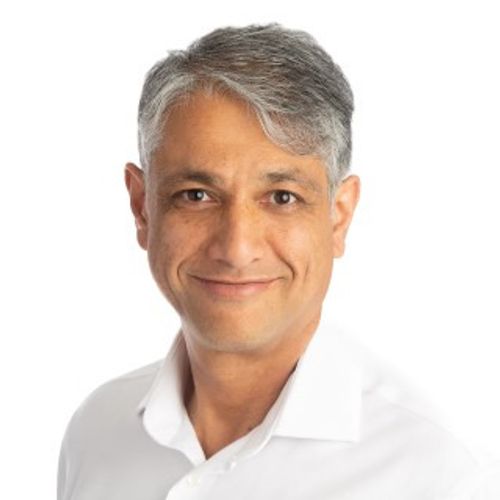Episode 7
7 - Five Key Financial Literacy Concepts Young Adults Should Know
Episode Summary
In this episode of Get Real Wealthy Season 3, Quentin shares five key concepts he wishes he had understood better as a young adult.
Quentin says that the first concept is compound interest and compounding in general. He adds, "one of the things that I wish I understood was that concept between a penny doubled every day for 30 days, or a million dollars if I gave you an offer…." While a million dollars seem like a lot in comparison, the penny that doubled every day for 30 days would give you $5,368,709.12. That is the difference between compounding and compound interest. So, by compounding and having that doubling effect, we're getting that considerable value. Compounding is what you want in your investments rather than simple interest.
The second concept he shares is the difference between real and paper assets. You want to own real assets. Paper assets are okay but not as good as real assets. Real Assets are durable, and they last for generations. They can continue to pay you and pay you over time. Paper assets are great, but they can suddenly increase or decrease in value. The third concept is the difference between good debt, bad debt, and opportunity debt. Good debt helps you to earn money. You would have good debt that helps you buy a rental property that creates monthly income and an asset on your balance sheet that continues to earn.
Bad debt is essentially putting your money into something that is neither paying off the loan nor earning you any income. Opportunity debt could be a line of credit, not necessarily a credit card that you can use to buy good debt in the future. The interest on that debt can be written off, it's a tax deduction. So if you're taking opportunity debt, moving it to good debt, oftentimes you can write off the interest. Fourthly, you need to understand the difference between income, wealth, and net worth. Income is what you make every month. Wealth is what your value is, and it's your net worth. When you take all your assets, add them up, take all your liabilities and add them up, you have your net worth. That net worth can grow over time. If you can measure it, you can increase it whenever you want to do something.
The fifth key concept he wishes he had understood as a young adult is a passive income. Passive income is earned, not per hour of your work; you continue to make that money, whether you are working or not. There are different ways that can come in. You can leverage different ways to create passive income. It requires you to think creatively, so passive income comes from business ownership, rental properties, it can come from dividends from stocks In conclusion, Quentin says that these five concepts are crucial for young adults on their journey to financial freedom to understand.
Important Links and Resources



